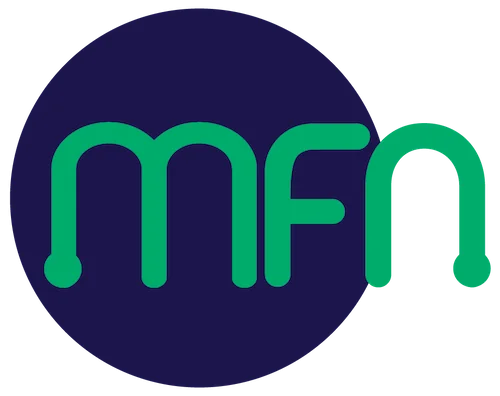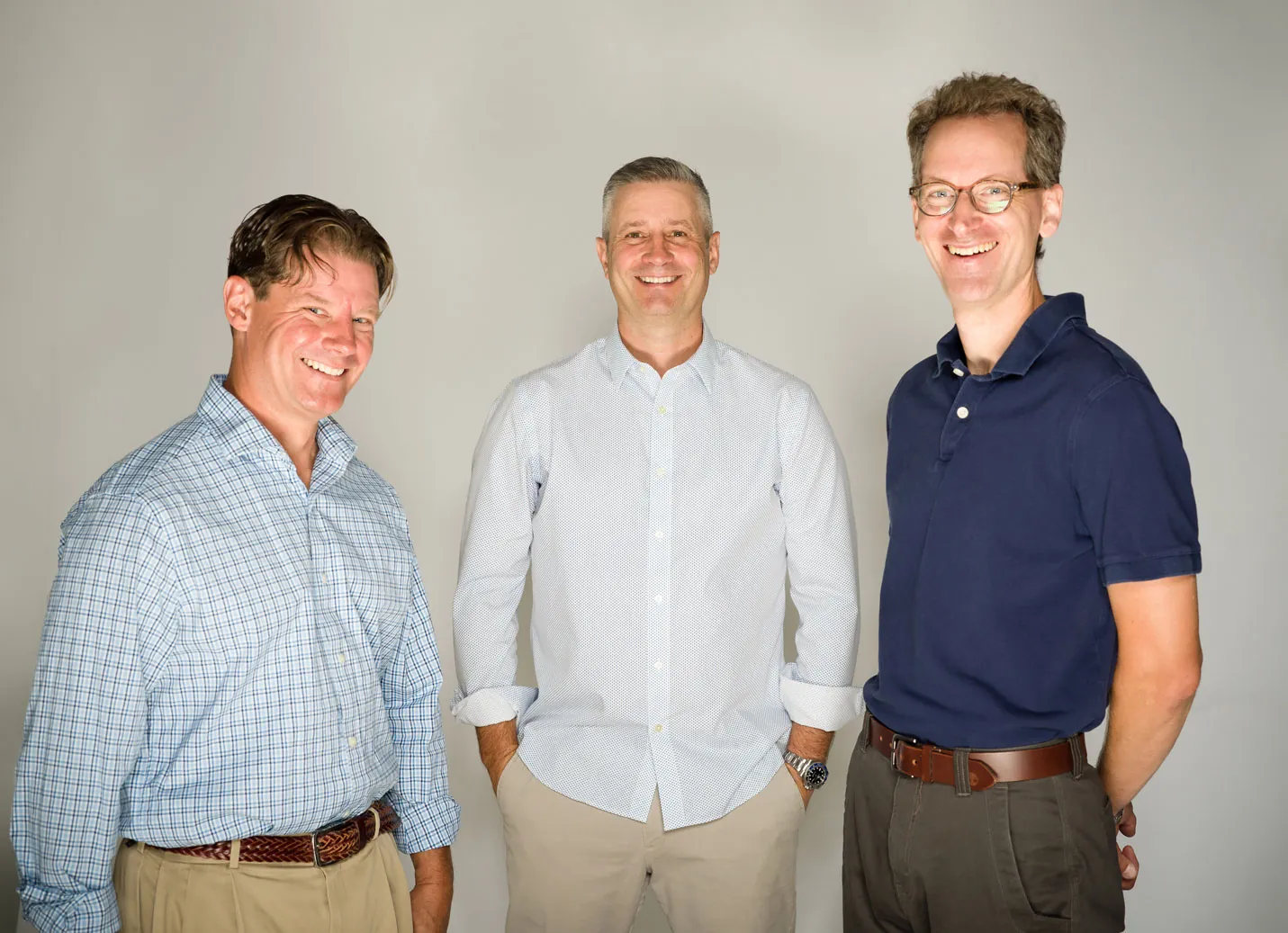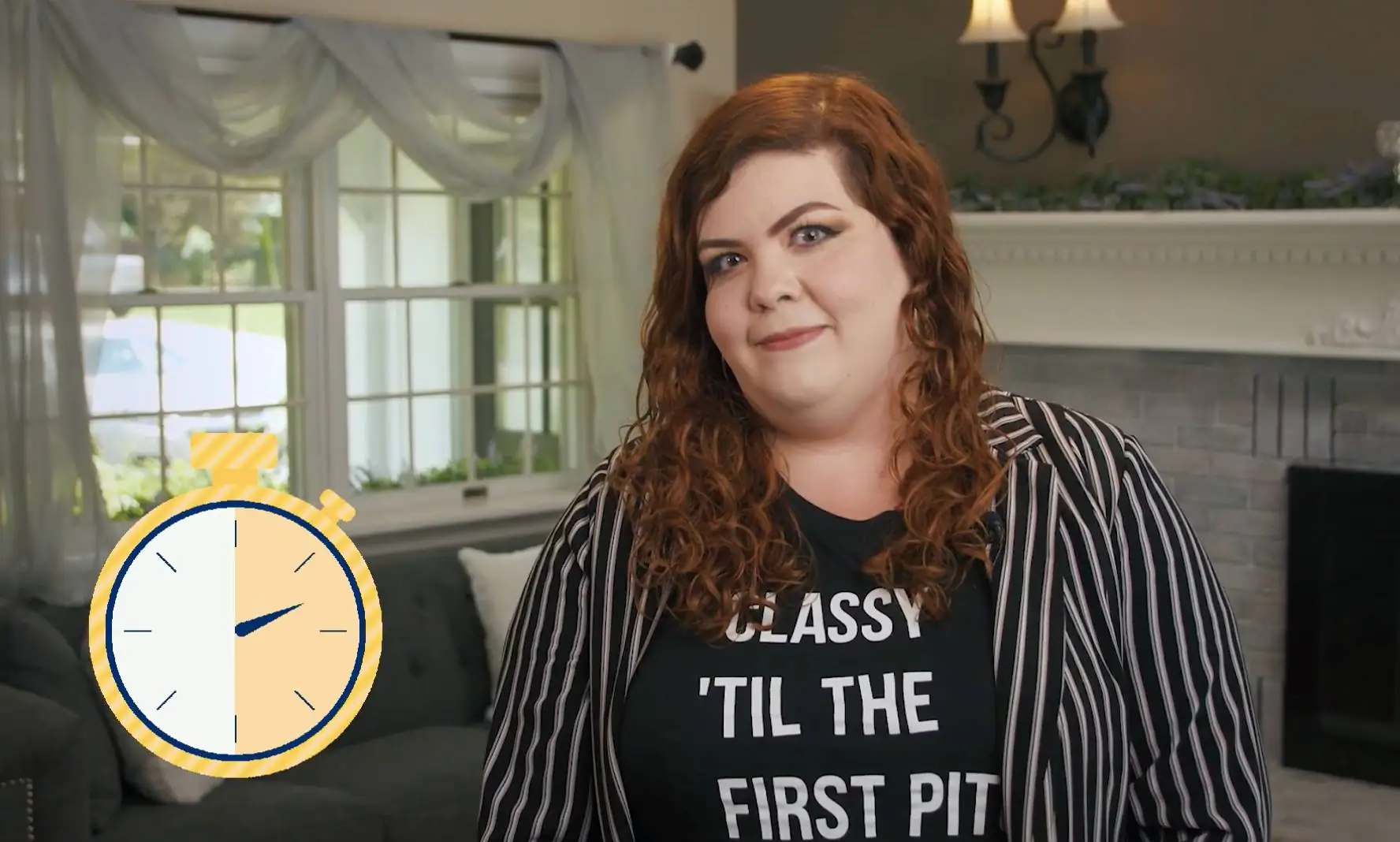Are you looking into an SBIR grant for your startup? Co-Founder and CTO Elizabeth Nelson was recently awarded an SBIR grant for her company Mother’s Milk is Best, a startup making it possible for preterm babies to receive the benefits of their own mothers’ breast milk. She shared some of her experiences with the SBIR process–and their plans for her $1.8 million grant.
Can you give an overview of Mother’s Milk is Best and the challenge it solves that isn’t currently addressed by others in the market?
Many preterm infants aren’t mature enough to breastfeed. They’re taken care of by neonatal intensive care units (NICUs), where expert staff feed them fortified milk formula. Feeding preterm babies their mother’s own milk has been shown to increase their chances of survival by helping prevent life-threatening infections. We developed a medical device that concentrates human milk that will revolutionize neonatal feedings. Our device is a simple, affordable solution to feed preterm infants their own mother’s milk, not just in the U.S., but worldwide.
How long has the company been around and when do you expect the product to be brought to market?
Established by Beth Schinkel, MMIB Inc was in a concept phase until 2018 when we joined forces and received our Phase I SBIR and has progressed despite pandemic challenges.
We repurposed existing technology to create a device that will be considered by the FDA as a de novo (new) device. We have $1.8 million in NIH SBIR Phase II funding for R&D and need an additional $2.5 million investment to complete FDA evaluation for release to market in 2025.
Can you explain the process of obtaining FDA approval for a regulated product and the key challenges associated with it?
Our Human Milk Concentration (HMC) device is the first device that interacts with human milk to be evaluated by the FDA. It is essentially a repurposed military-grade water filter that has been rigorously tested. Instead of using it to filter things out of the water, we use it to remove water from breast milk, thereby concentrating the nutrients into a smaller volume that can be fed to preterm babies.
We have received guidance from the FDA that will help us advance successfully through its “de novo” evaluation process.
Despite this guidance from the FDA and the fact that we’re using a device already used to purify water for military personnel, many investors shy away because of the regulatory hurdle- we can only estimate how long the FDA process will take.
At MMIB, we are working with a lean team and will ramp up the final activities in product development while we engage with the FDA in the final evaluation. That way we can minimize the burn rate prior to approval.
What motivated you to pursue SBIR loans as a funding source, and how do you intend to leverage these funds to advance your product development goals?
The NIH SBIR funding is a wonderful opportunity for startups like MMIB Inc to prove concepts and achieve goals. In contrast to raising money from investors, SBIR funding is non-dilutive; we don’t have to sell equity in the company to receive the funding. SBIR funding supports R&D so small businesses may focus on methodical progress and safety vs having high financial pressure to get a deliverable to market as soon as possible. Therefore, this non-dilutive funding affords us the ability to avoid that financial pressure, pressure that could compromise the effectiveness or safety of our product, which serves a very fragile population.
The process of developing the grant was itself helpful. It was reviewed by leaders in the field who evaluated the feasibility, impact, and relevance of our concept. By funding us, these experts provided further validation that builds confidence in the device and the market opportunity. We hope this will generate even more interest from investors.
Tell me more! How do you plan to demonstrate the innovative and marketable aspects of your project to secure funding?
We plan to demonstrate that the hand-manufactured device can be manufactured in an automated pilot line that will release the FDA evaluation-ready devices. This manufacturing resource will support our market launch and will provide devices for additional preclinical studies that will support broad market adoption.
In what ways do you see SBIR funding influencing your company’s growth trajectory and its ability to attract further investment beyond the initial phases?
The SBIR funding has allowed MMIB to focus on work to be done in a critical stage of business development. It also makes MMIB more attractive to prospective investors who understand the power of non-dilutive funding.
Could you discuss the potential challenges associated with relying on SBIR grants as a primary funding source, and how do you plan to mitigate these challenges to ensure sustainable growth?
The biggest challenge is the time required to prepare a successful SBIR proposal, forcing founders to divert resources away from building their company. In addition, there are several limiting restrictions on how we can use the grant funds.
The application process is lengthy, cumbersome, and requires navigation through multiple government systems. On the other hand, the process represents a unique opportunity to get seed-stage, ‘add on’ funding to help bring a technology to market. Non-dilutive funding is fantastic, but if the work is not required for the product’s release, i.e. additional research that which furthers the field but is not necessarily required for the final product’s release, it can be a distraction
How has your experience been raising capital from other sources (friends and family, VC/PE, etc.)?
We had strong support from family and friends, and raised a small funding round. Outside of that, we did meet with angel investors after our initial proof of concept, but they appeared very cautious about investing in a “pre-market” medical device, so we prioritized grant funding sources. However, there has been renewed interest since we received Phase II SBIR funding.
What creative cost-saving measures or resource allocation strategies would you consider to extend your runway while maintaining the pace of product development?
Medical devices have limits on sales and marketing practices prior to their release to market. Because the process may take 3-9 months, we are hiring part-time business development professionals until the FDA evaluation process is complete.
Are you planning on hiring anyone to help navigate the fundraising process?
Due to the progress we’ve made in receiving Phase II SBIR Funding, we are confident that bringing on fractional executives focused on helping us raise outside capital will be well worth the investment – providing more confidence in the success of this product, reduction in risk, and momentum towards outside investments to expedite the product to market.



